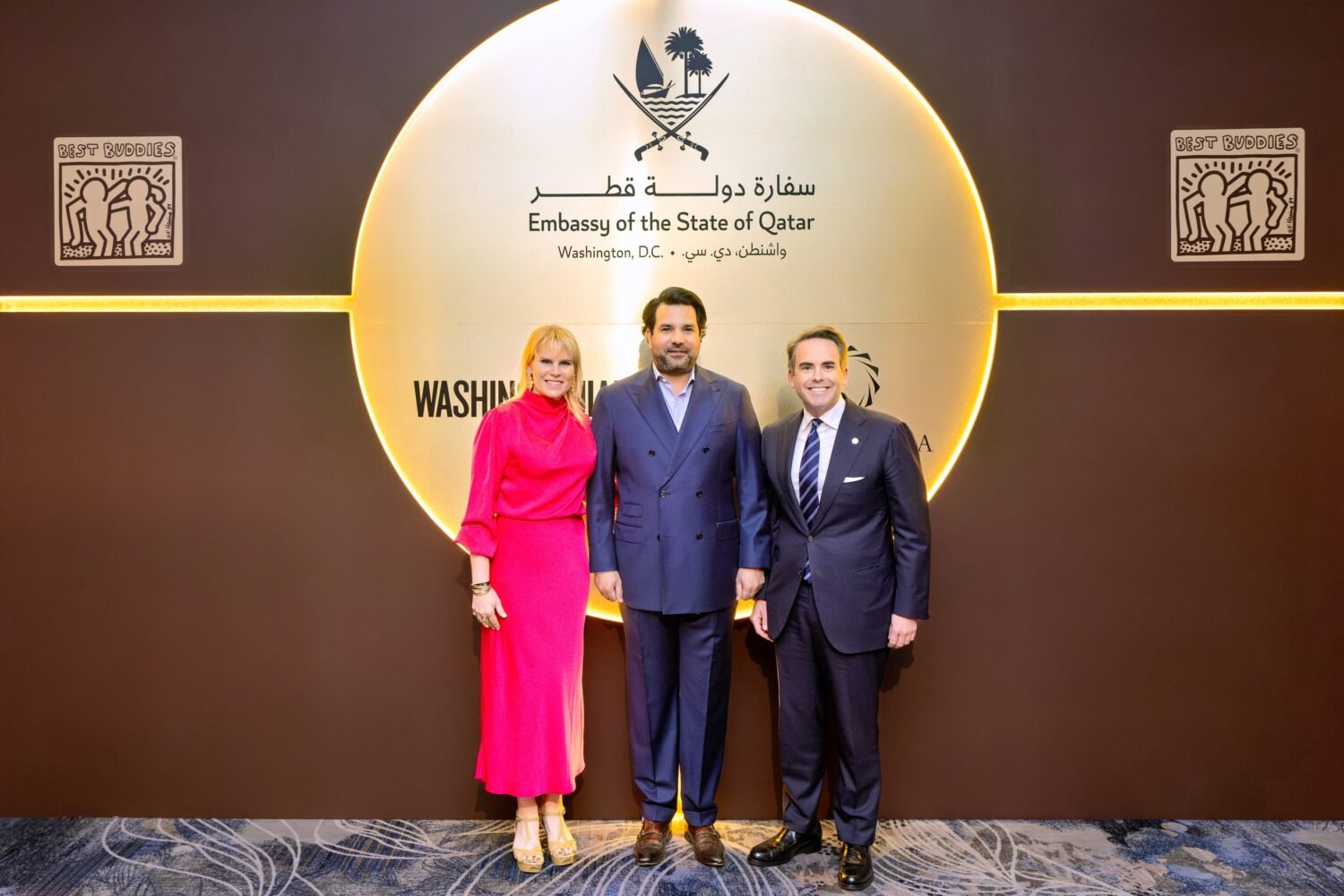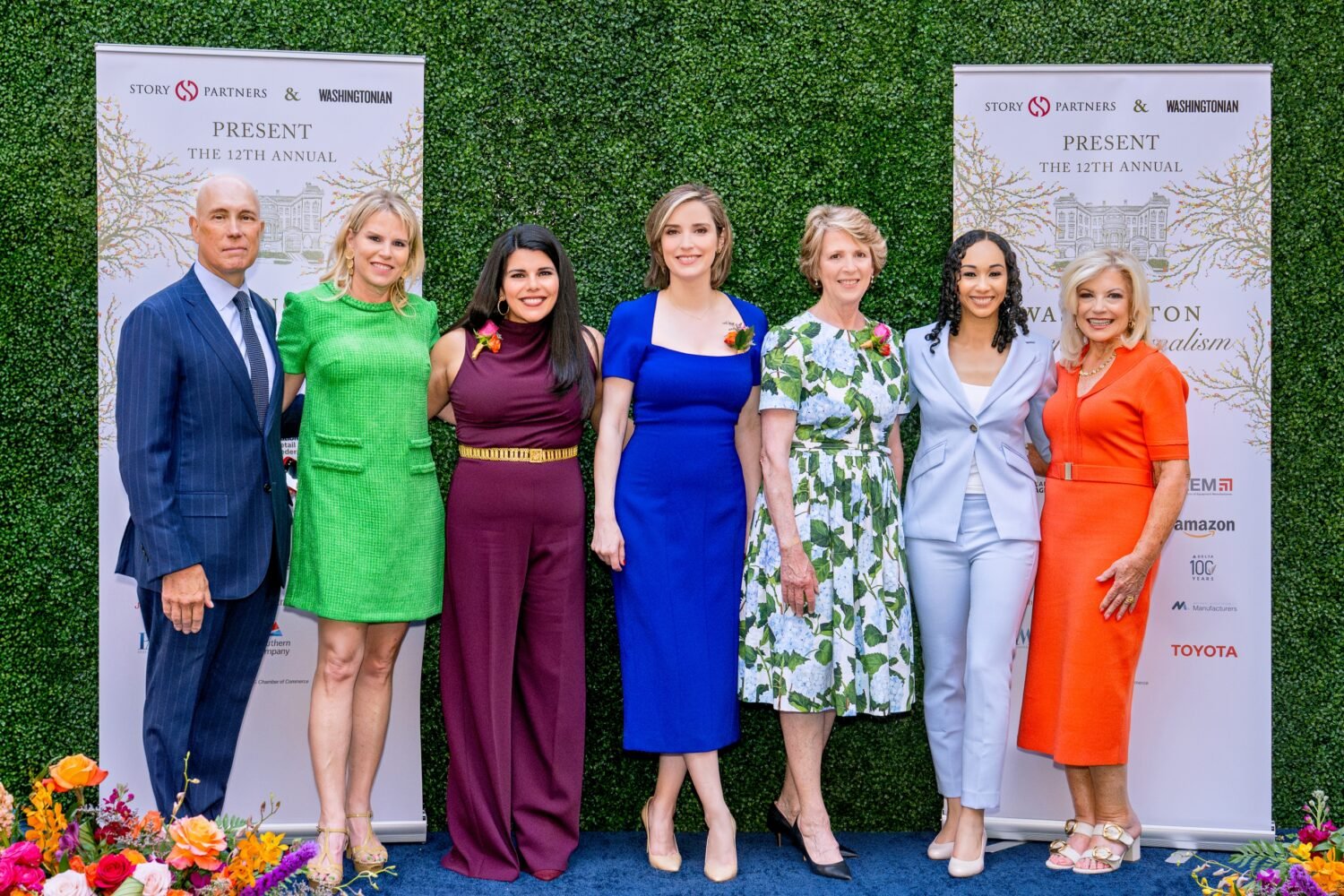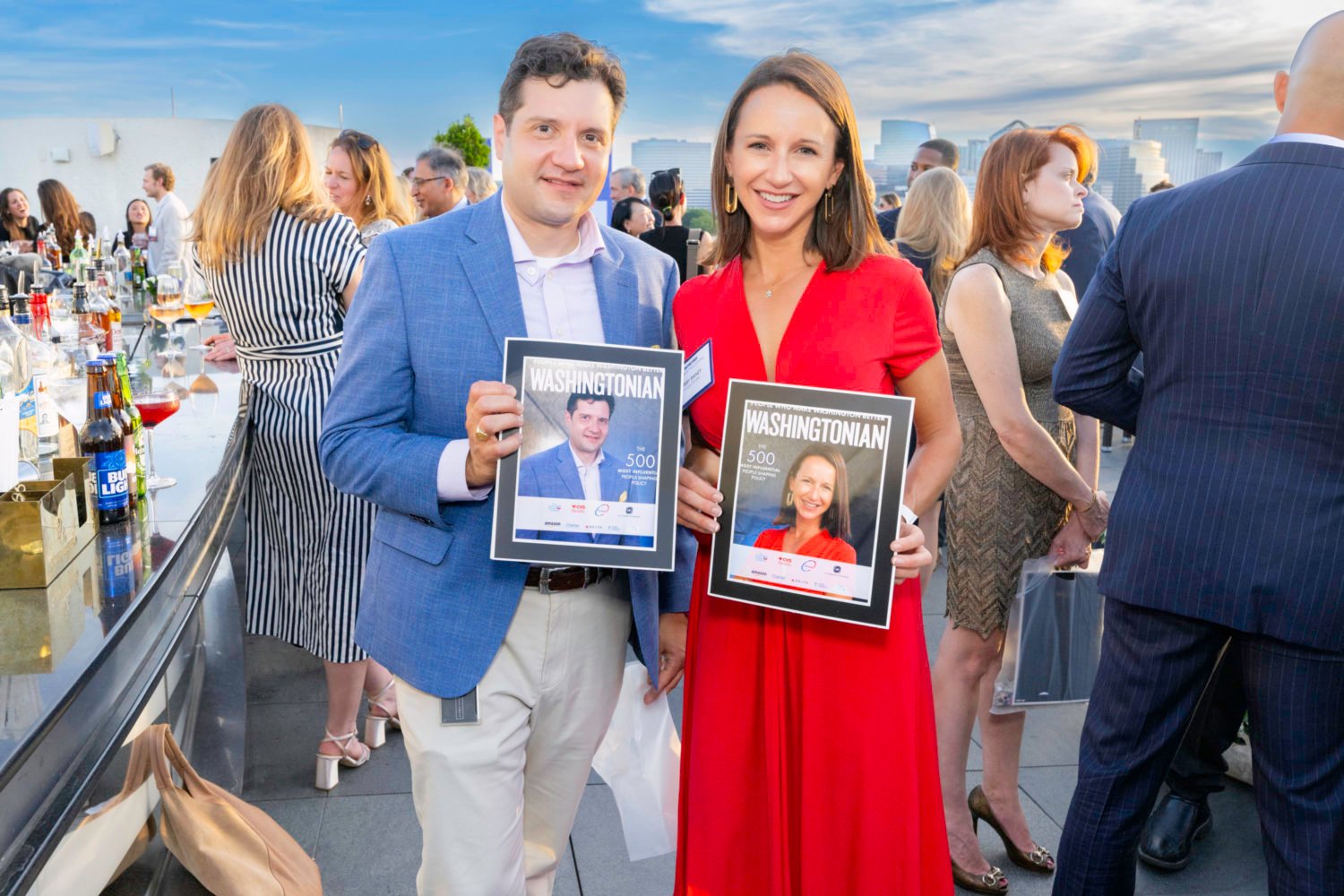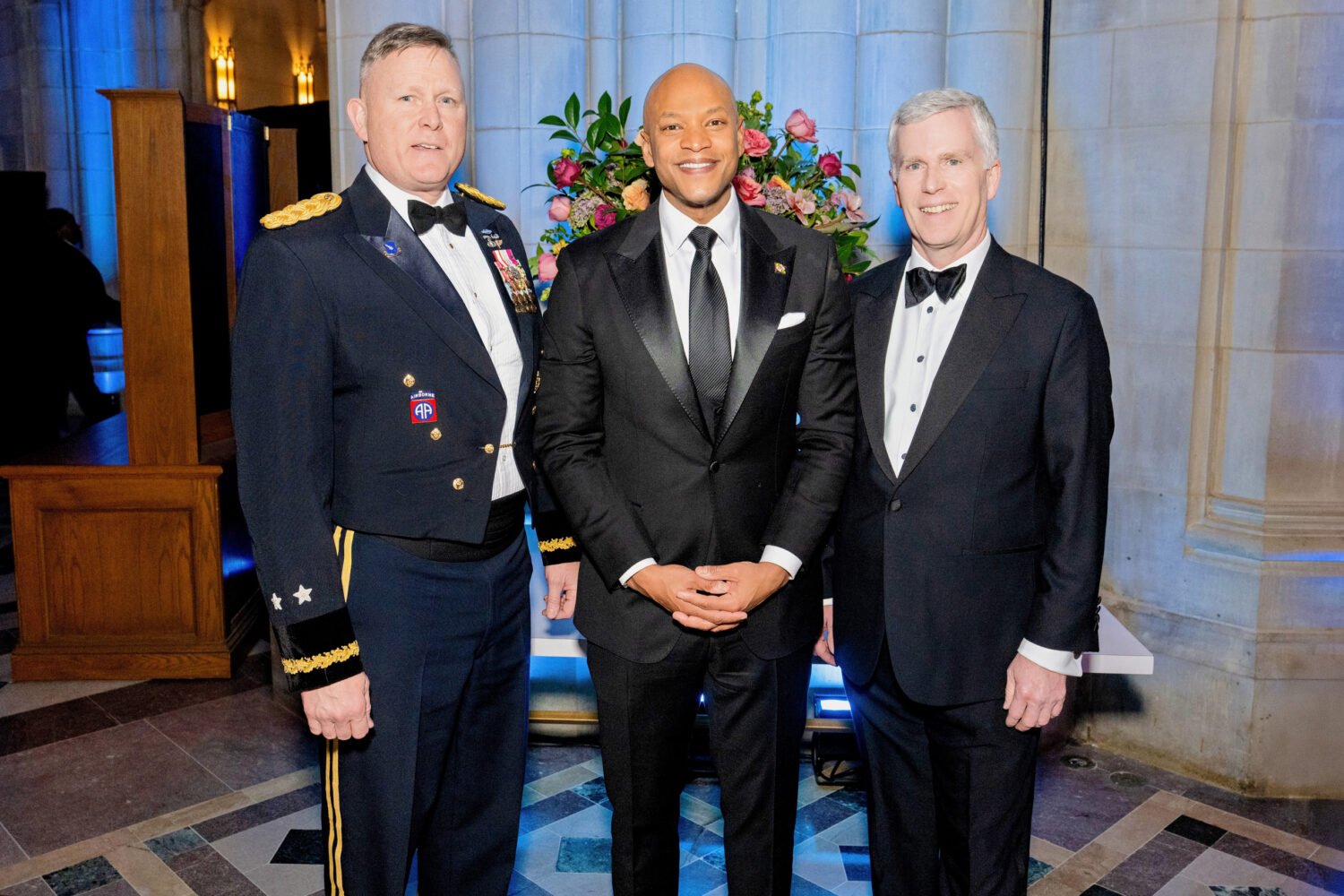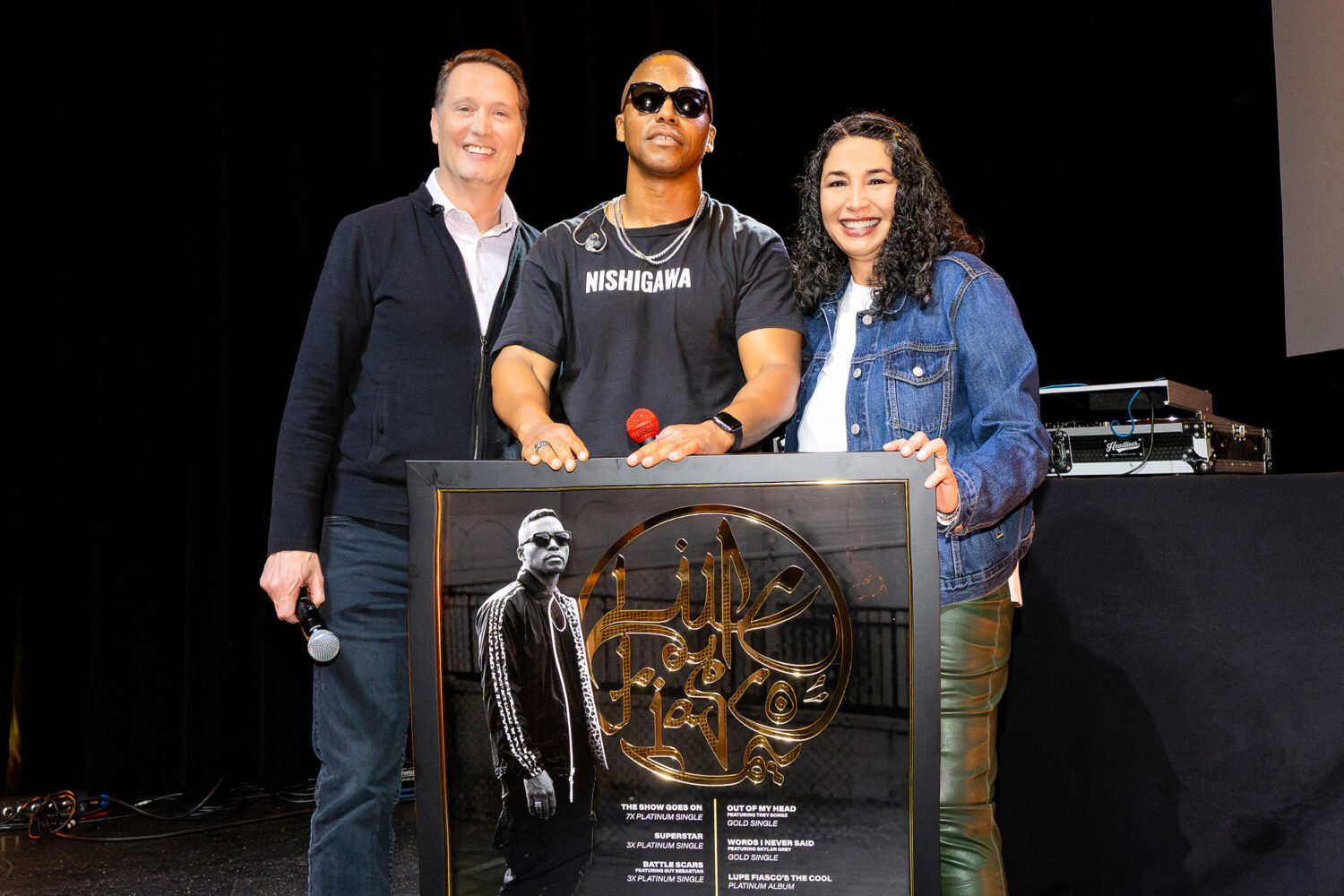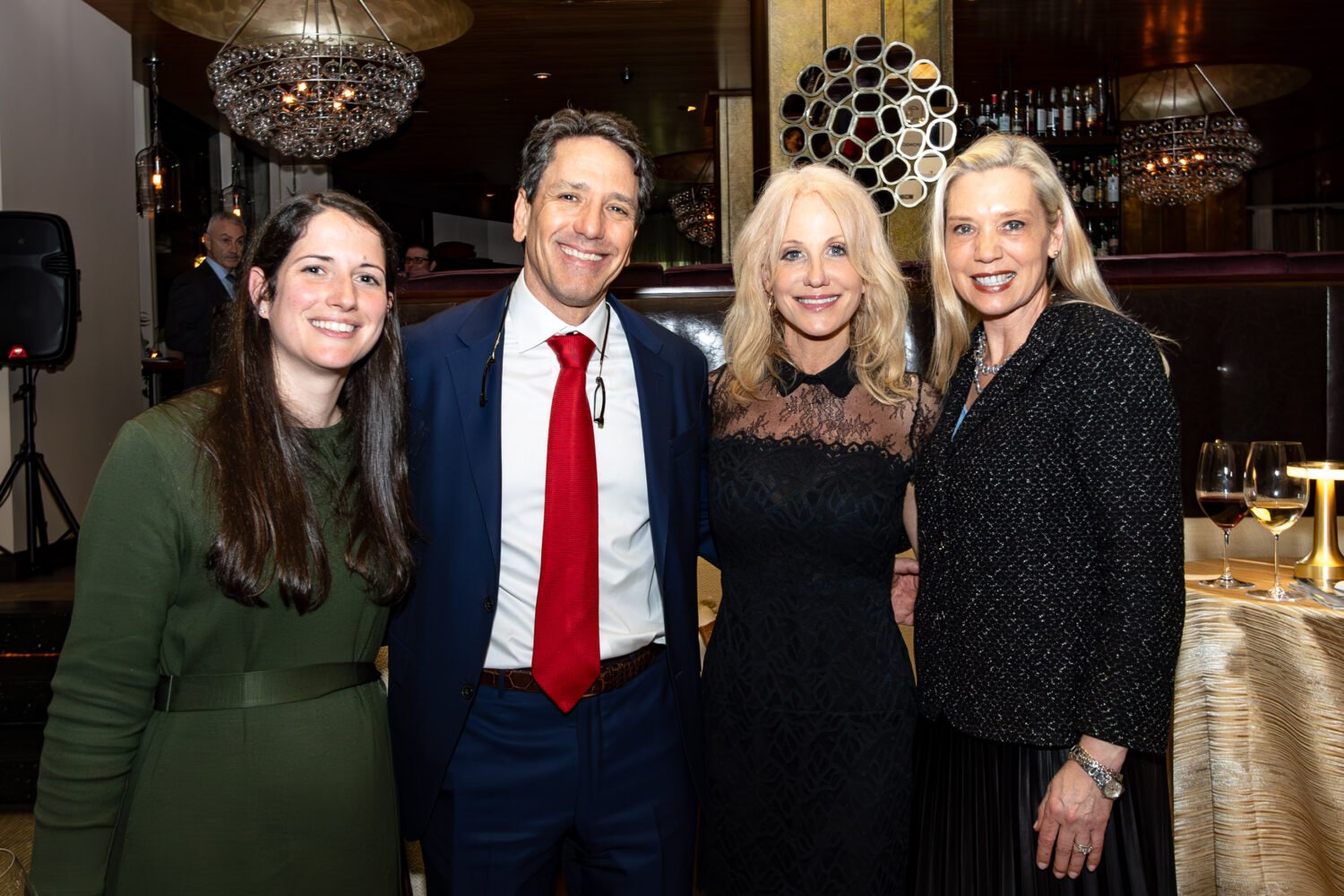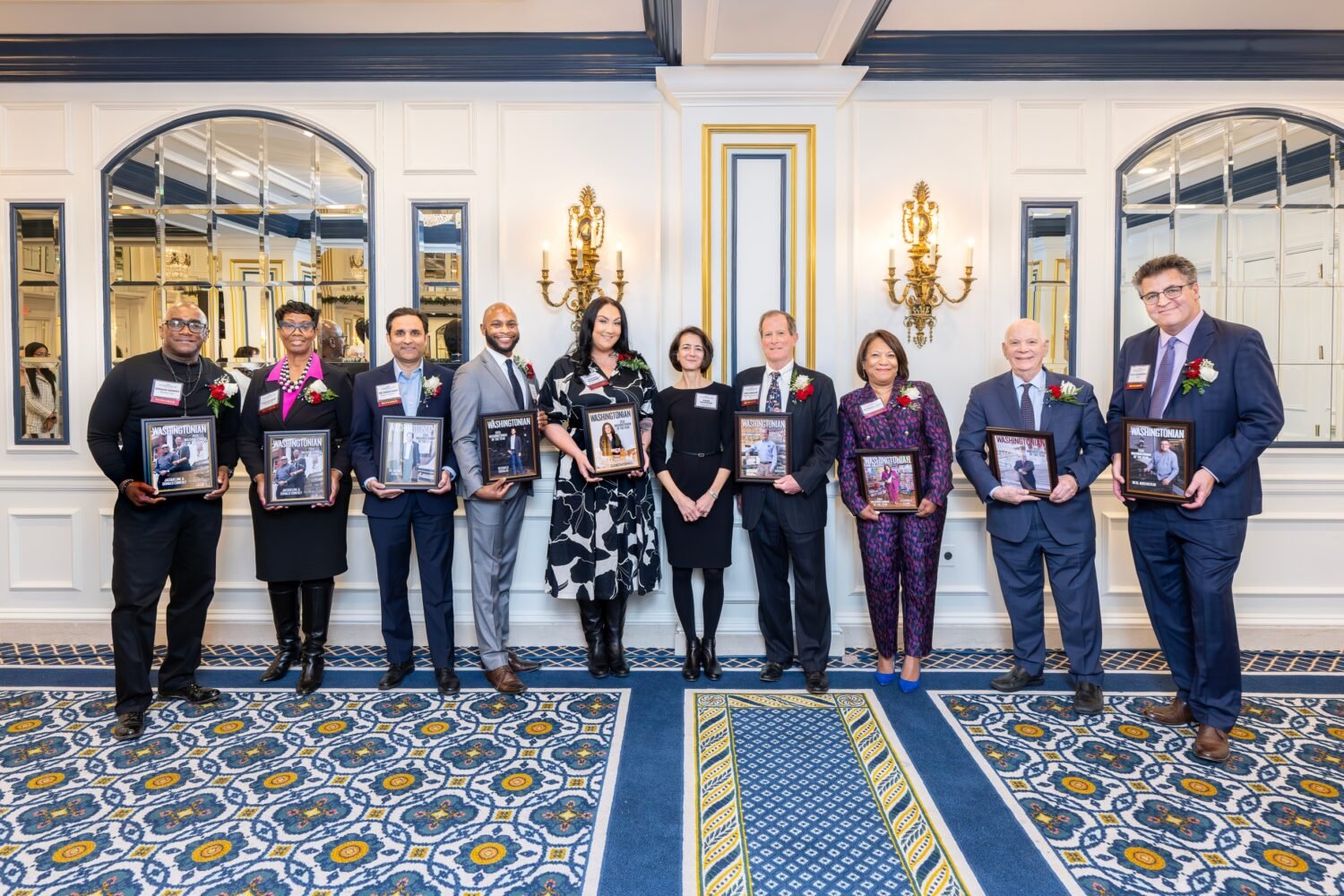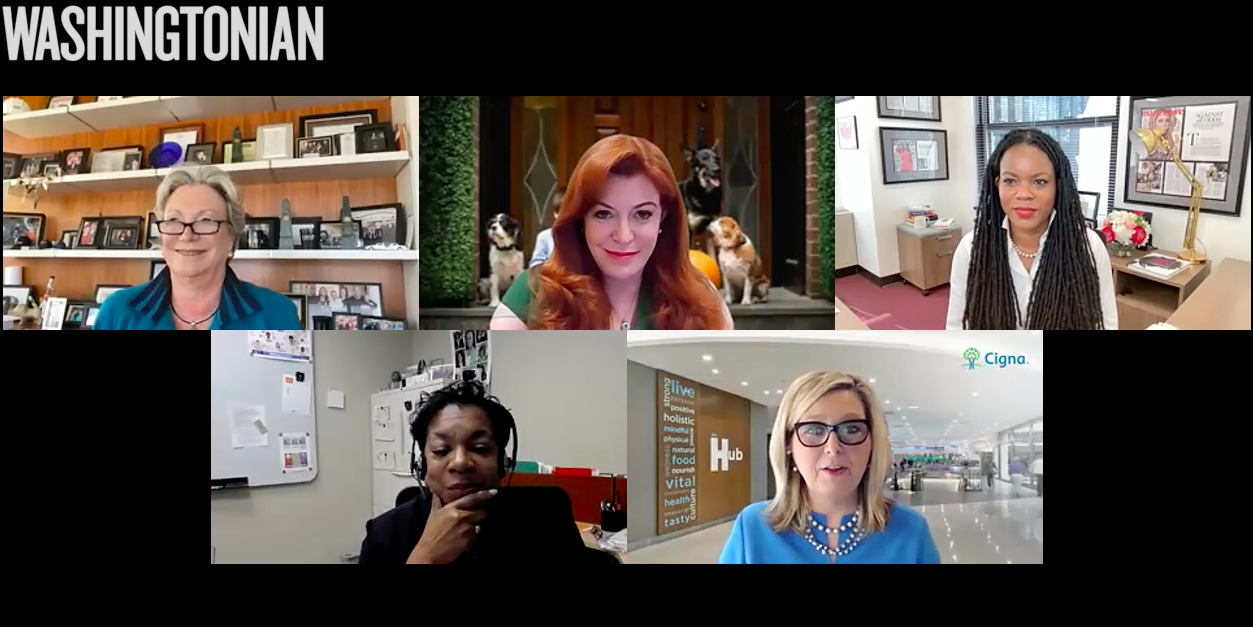
On Thursday, October 14, Washingtonian brought together experts to discuss the future of working women. As a result of the COVID-19 pandemic, many women lost their jobs or were forced to leave their careers to care for not only children, but also their loved ones. The conversation explored how organizations can institute policies that support the needs of working women as society adapts to the new normal.
Cigna’s Mid-Atlantic Market President Monica Schmude kicked off the conversation with a question about the true impact of COVID-19 on women’s employment. The Institute for Women’s Policy Research’s President C. Nicole Mason spoke about how the pandemic impacted the number of women in the workforce. “In January 2020 we were celebrating a significant milestone for women. Women at the time made up more than 50% of the workforce and we were celebrating that because we hadn’t seen that particular milestone in about a decade. By March, all of those gains had been wiped out because of the pandemic. Women lost 4 times as many jobs as men.” Nicole also explained what the term “shecession” means and why it is being used. “People from the President to everyday women really have used the term shecession to frame what has been happening, but also to understand that women have been disproportionately impacted by job and income losses in this moment.”
Courtney Spaeth, CEO of growth[period], discussed the need for more accountability in the workplace. “Women have to change the mindset from settling for what I call the 90% solution. In a big company they have unconscious bias training and gender diversity training, which is great, but there is still the same level of incident with gender discrimination with promotions and problems at the senior level with women trying to climb up and succeed in the C-Suite… that’s a 90% solution and that shouldn’t work for us anymore. We should be demanding 100% accountability and enforcement.”
Susan Stith, Cigna’s Vice President of Diversity, Inclusion, Foundation & Civic Affairs, continued the conversation by sharing the importance of understanding individual employee needs. “Organizations are not having real conversations. Diversity training is not the be all end all… If the person still has the same behaviors that they had before they had the training then why do you have training? It’s deeper than that, it’s having very thoughtful intentional conversations and having an awareness of what each individual needs. It’s not easy to do, but leaders have to become much more inclusive and understanding of the needs.”
Linda Rabbitt, Founder and Chairman of rand* construction corporation, talked about her pledge to help another woman every single day and the importance of having a network of women to help support you. “Every single day when I put my head on the pillow, I think about somebody that I have helped and it makes me feel like I have contributed something out of my pain and that I have made it better for other people. I now have this wonderful network of friends who help each other and support each other, and when we are burned out, we go out for a walk together. We are there for each other emotionally and intellectually and it’s just something that works for me.”
Thank you to Cigna for supporting this important conversation. Missed it? You can view the full conversation below:


